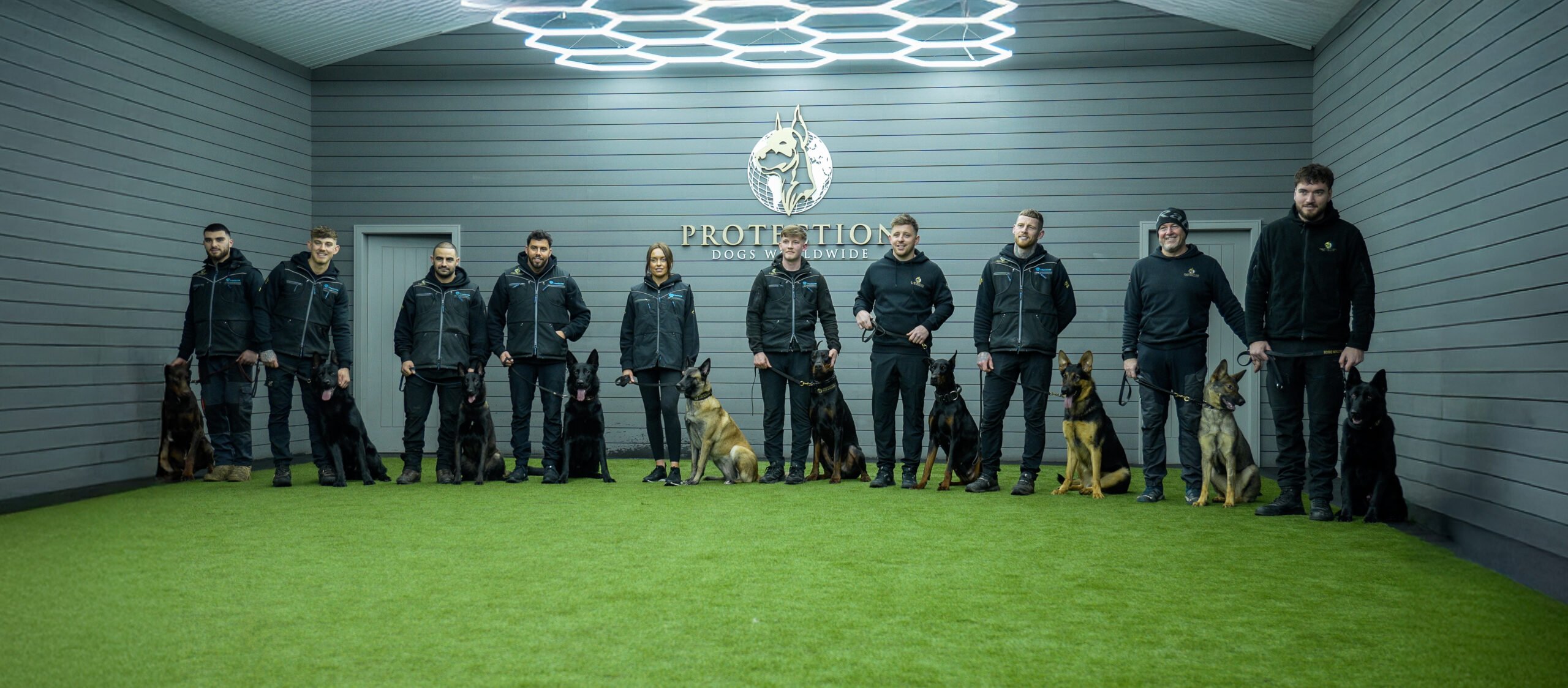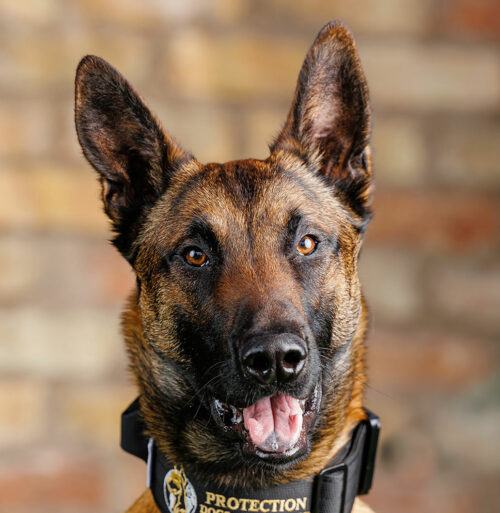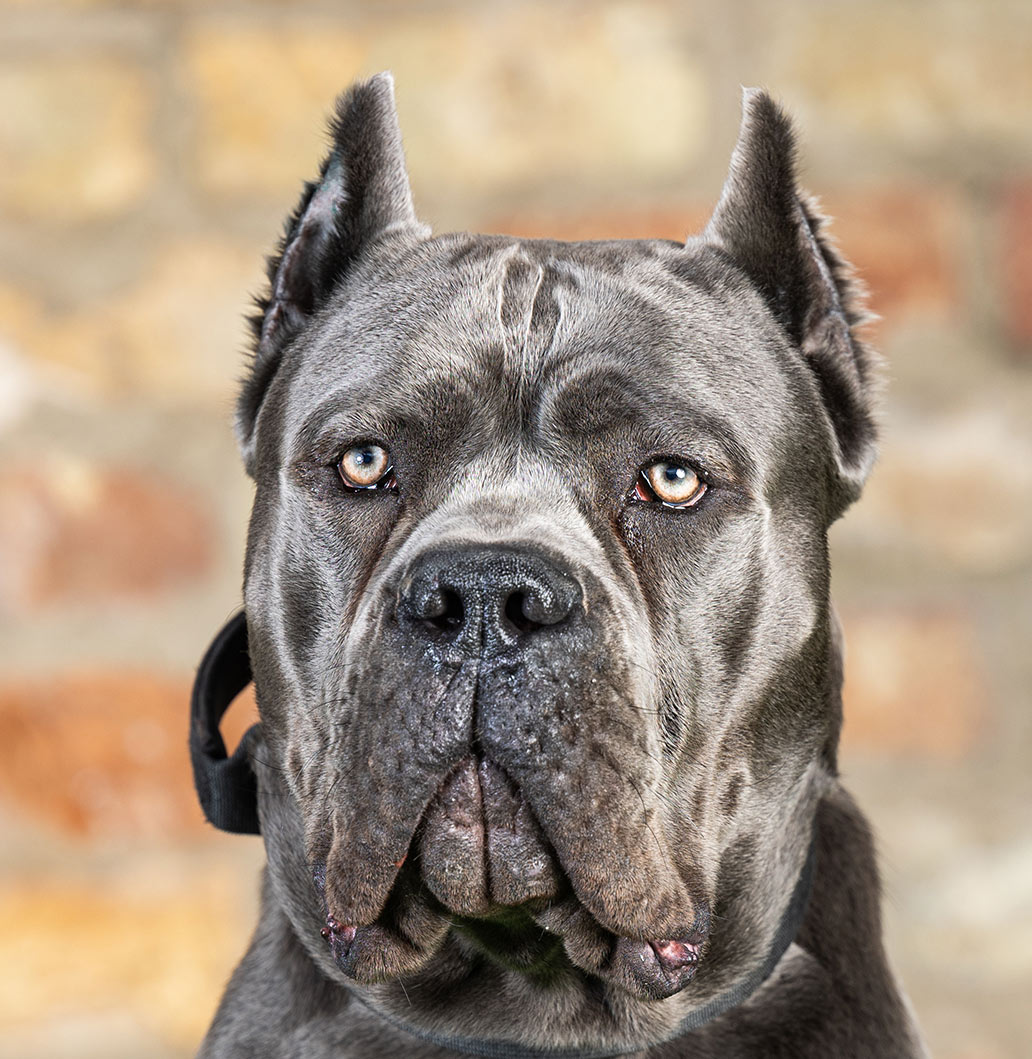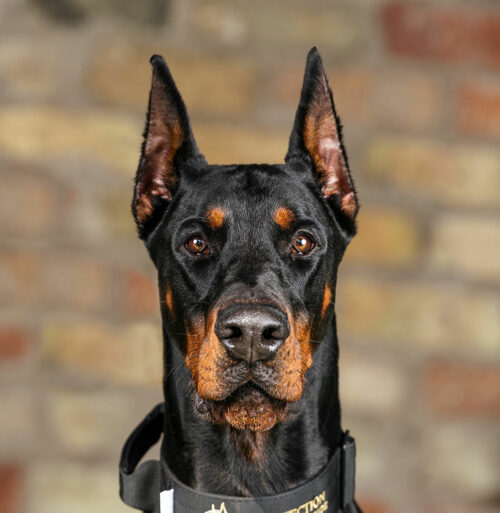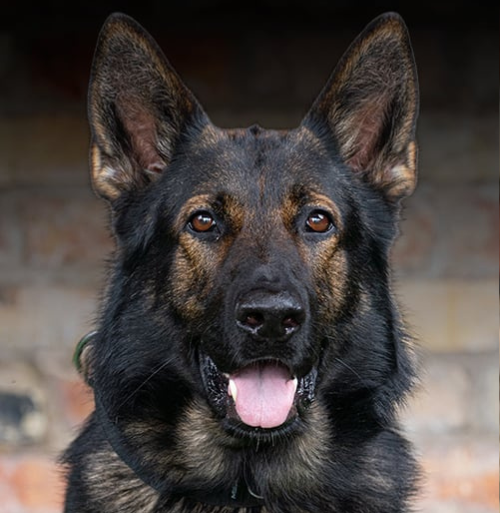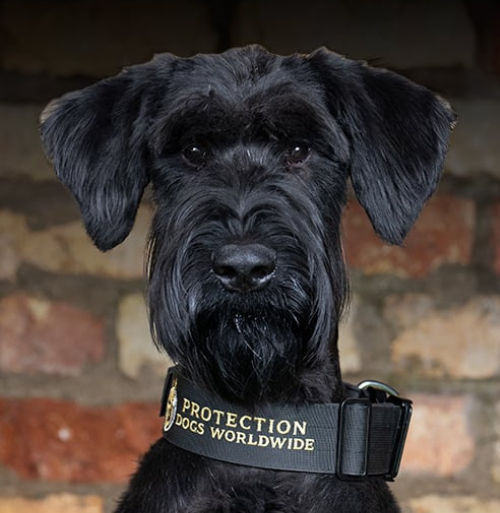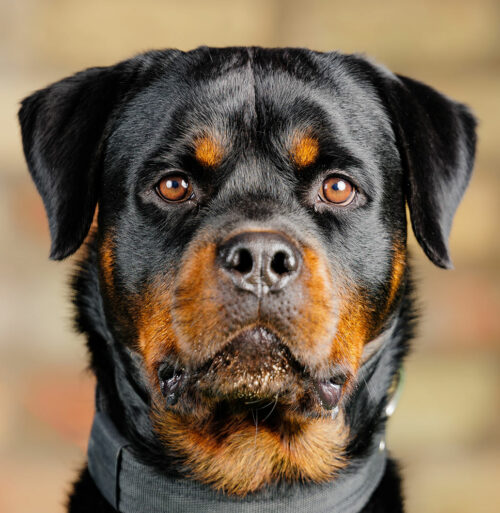18 May 2023
Getting a puppy is always an exciting time. You will be welcoming a new family member, and this may be the first dog that you own. Puppies are cute, fun, and can bring many benefits to their owners. However, they are not a project that should be taken on lightly. A dog is for life, not just a Christmas, and puppies demand far more of their owners than an adult dog would. This blog will offer tips for getting a puppy, and hopefully give some insight into how to care for one.
When getting a puppy, owners should first consider if their chosen breed will be appropriate for their lifestyle. As cute as Belgian Malinois puppy may be, it will soon grow into a highly intelligent, energetic, and demanding dog with an almost insatiable appetite for work and mouthier tendencies than most other breeds. If you are already very active, enjoy spending time outdoors, and want a driven dog to train and work, then a Malinois will likely be a good choice. If this is not the case, then a Pug or King Charles Spaniel may be better. Whatever breed of puppy you end up choosing, you must be able to cater for its needs and tendencies as an adult, and not be influenced by appearances alone.
Irrespective of breed, owners should also understand that puppies are highly impressionable and in a formative life stage. A dog’s early months can set the tone for the rest of its life, and it is never too early to start training or environmental conditioning. We recommend beginning a puppy’s training approximately eight weeks after they have been born, and while these sessions should be kept very short, they will still be valuable. Puppies are also good at accepting new stimuli as normal from twelve weeks onwards. It is crucial to expose them to as many novel environments and settings as possible at this young age, otherwise when encountered as adults, they often seem intimidating and frightening. A dog behaviourist can advise on training and environmental conditioning, and often proves invaluable to first-time puppy owners.
Much like toddlers and children, puppies have their own behavioural needs and patterns they grow out of as adult dogs. These can range from having seemingly short attention spans during training sessions to sudden and unexpected mouthiness while teething. Puppies also swing between endless energy and random tiredness, and unexpectedly falling asleep at inopportune moments. Owners should take these needs and patterns in their stride, as they would with a human toddler. They will generally be very normal, and most likely grown out of or easily resolved with proper training.
We offer a comprehensive training consulting service, and have supported hundreds first-time dog and puppy owners. To find out more about what we can offer you, please email info@protectiondogsworldwide.com.
 English
English
